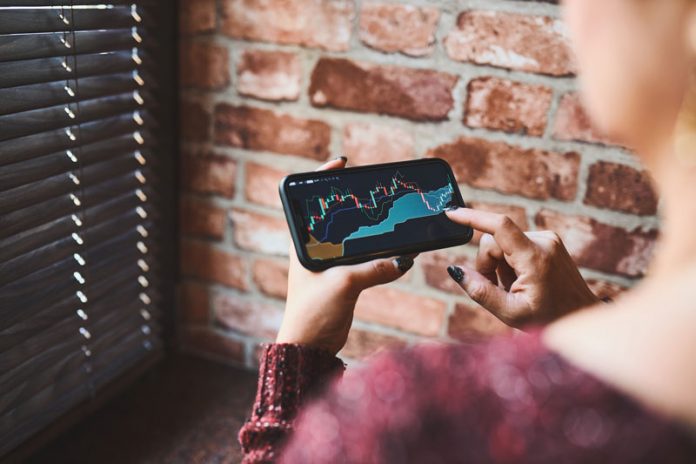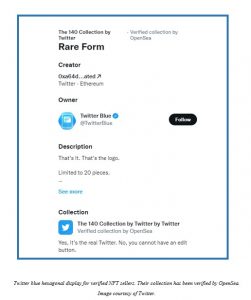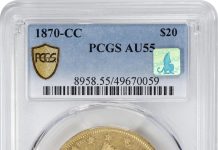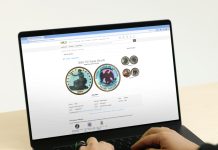
Here are five ways to protect yourself from NFT scams and how to avoid them as the market for NFTs expands and contracts.
In 2021, $25 billion of NFTs were sold, compared to $94 million just the year before. Everything from tweets, fine art, graphic designs and even sports cards now have NFTs and are bringing record prices in auctions and fixed price sales around the globe.
It’s not shady, illicit characters in the dark reaches of the internet that are usually selling NFTs. Staid, responsible, risk-averse auction companies such as Christie’s and Sotheby’s are offering NFTs to their clientele. But the dark side to $25 billion in annual sales attracts all kinds of interested parties – including those with fraudulent intent.
Here are five important things to remember about common NFT scams and how to avoid them.
1. Make Certain you are on a Legitimate Website
Fake, scamming NFT websites abound all over the internet, often mimicking a legitimate site. If you intend to bid in a real NFT auction, do not click links in emails or in chats to get there. Enter the actual address into your browser.
A Google search will provide you with more site listings than you can imagine. But that same Google search will also serve up some sites that are not legitimate. A good place to start is with the largest and most dependable of these NFT sites – OpenSea
According to Wikipedia, OpenSea is an American online non-fungible token marketplace headquartered in New York City. The company was founded in 2017. OpenSea describes itself as “the world’s first and largest digital marketplace for crypto collectibles and non-fungible tokens (NFTs). Buy, sell, and discover exclusive digital items.” When you consider that OpenSea has done over $5 billion in volume, you can feel more confident than finding a site through your own research.
2. Be Wary of Unsolicited Emails or Offers of Technical Help
If you are going to bid on NFTs, do your homework and find out how the process works and where to go for legitimate assistance should you need it.
Scammers are exceedingly clever in their attempts to win over your trust – and to gain access to your cryptocurrency. Make it very difficult for them to do so.
3. Be Cautious Discussing your Questions Online
Many people ask about their technical issues on Discord. Discord is a free app that’s used by millions of people daily to talk about all different things including technical help in buying NFTs on OpenSea. They then receive an email from someone purporting to be from OpenSea and they are, in reality, scammers. Once you have shared your screen or other information with them, you may have inadvertently shared access to your digital wallet.
If the deal is too good to pass up, it’s likely a scam.
Check the price of the NFT you want to buy with the recorded prices on OpenSea and if there is a significant difference, pay attention to the red flags going off in your head!
4. Verify, Verify, Verify!
There are things to look for to ensure that the NFT you want to purchase is likely legitimate. Know what they are.
• Most NFT sellers who are legitimate will sport a blue checkmark next to their ID name. If one is missing, try to verify who they actually are. On Twitter, a blue hexagonal frame displays the verified NFT seller’s profile. Or visit and purchase only from reliable, well-known auction companies.
• Check the contact address, which specifies where the NFT was minted. You can search for the creator’s website and there you should be able to verify the authenticity of the information provided at the seller’s listing.
• If you require technical help, go directly to the Help Desk or Service Center of the website listing the NFTs.
5. Do Not Accept Help from a Friendly Stranger
Never, ever, ever share your Seed Phrase (Recovery Phrase) with anyone under any circumstances and use two-factor authentication (2FA) and an extremely strong password for all transactions. Remember you are protecting your cryptocurrency so assume everyone you ‘virtually meet’ is trying to steal it from you.
NFTs are here to stay. A combination of common sense, a questioning attitude and strong passwords and verification may just keep you safe out there in the ether.
Happy buying!
To subscribe to COINage magazine click here. Digital Trends column by Mike Garofalo.















